Wellbeing
Fiona Dandie & Robert Pain

Wellbeing
Fiona Dandie & Robert Pain
Lunchtime clubs help build student engagement, social skills and inclusion for all students. They support students who may struggle with a lack of structure in the school playground or need an outlet from the traditional playtime setting.
Lunchtime clubs can have benefits for students and the whole school community, including:
Below is our Term 3 Lunchtime club schedule. These have already commenced this week. We are fortunate to have staff members volunteer their time to run a club, as we know the students of WPS love to engage with them.
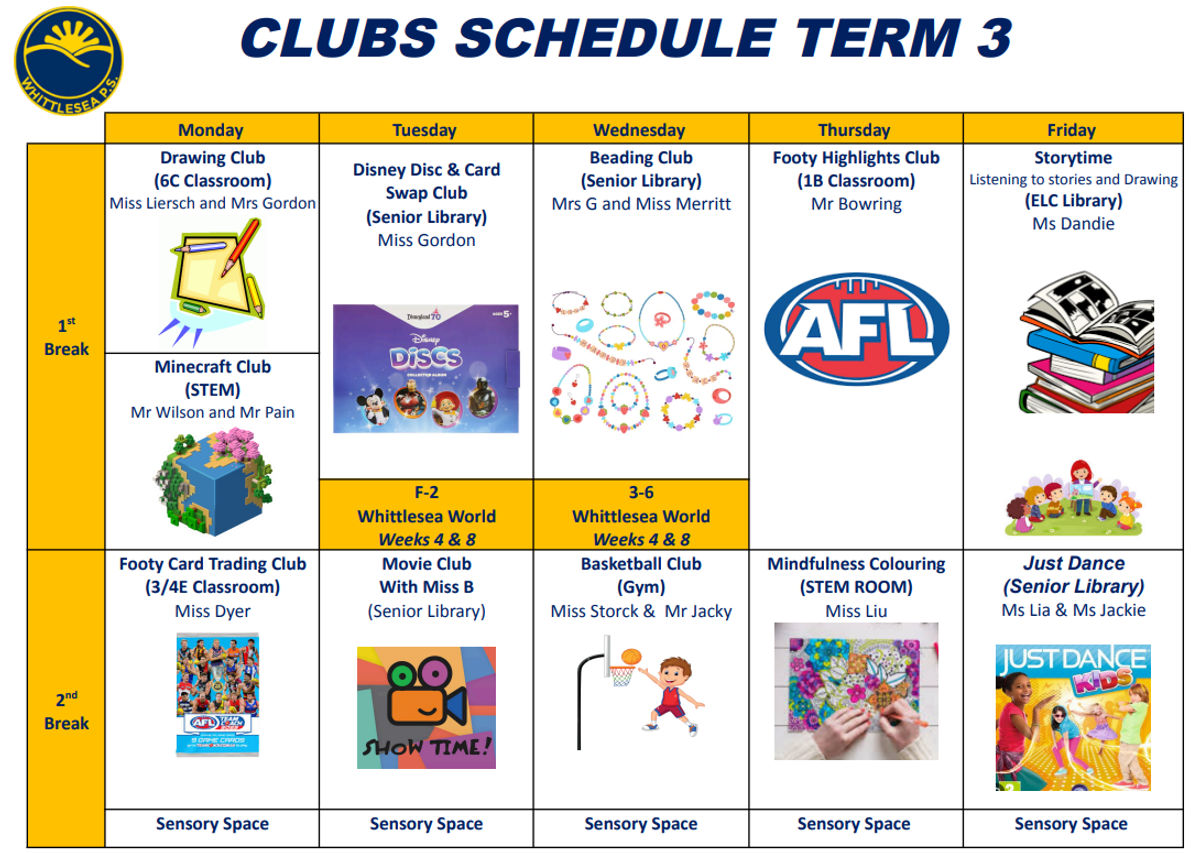

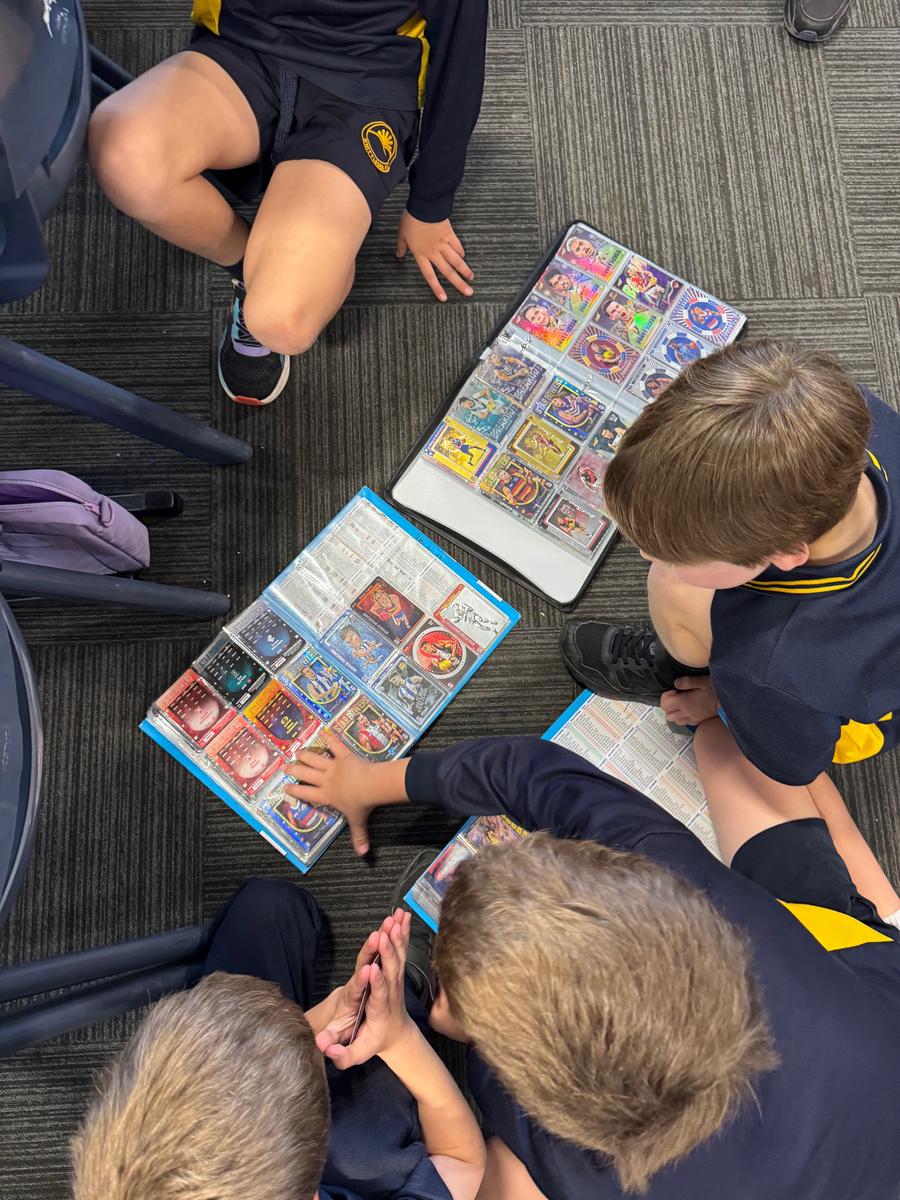
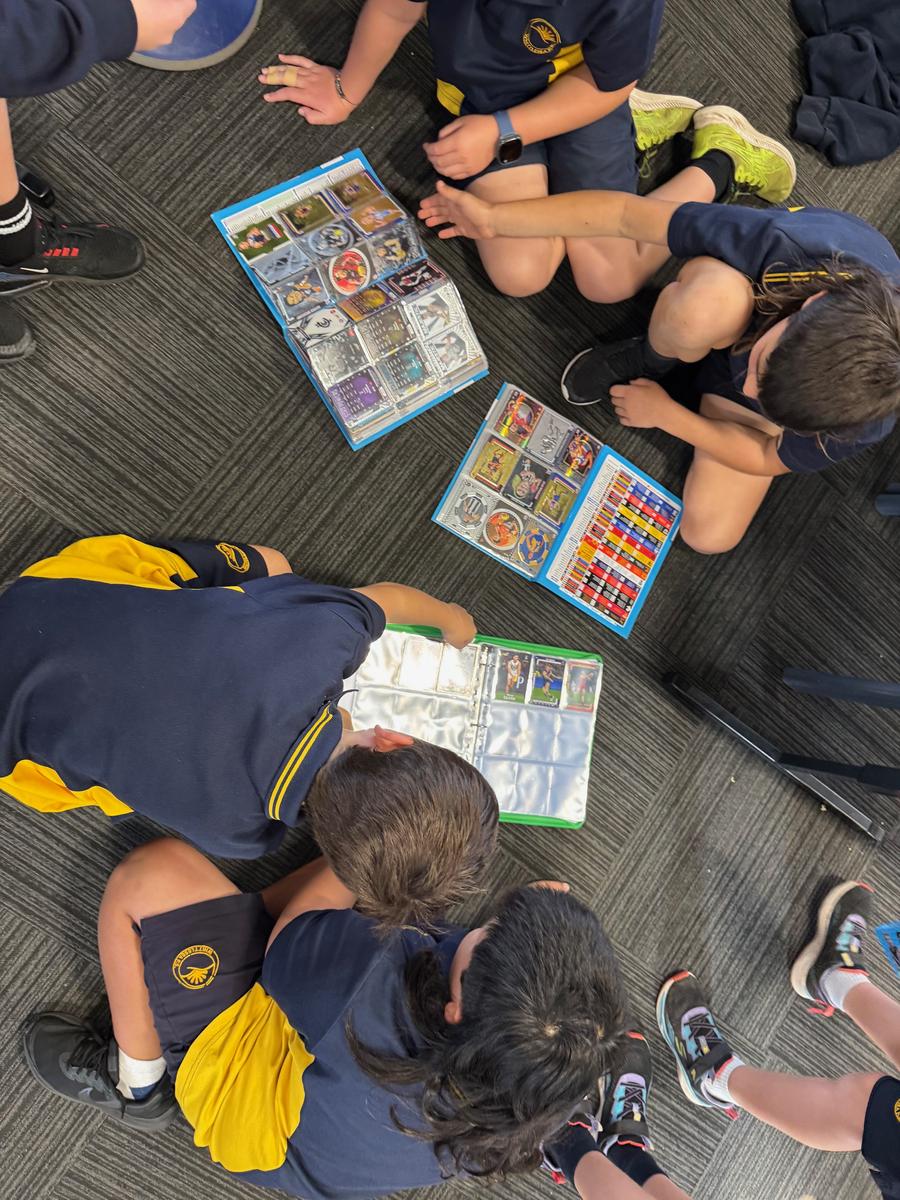
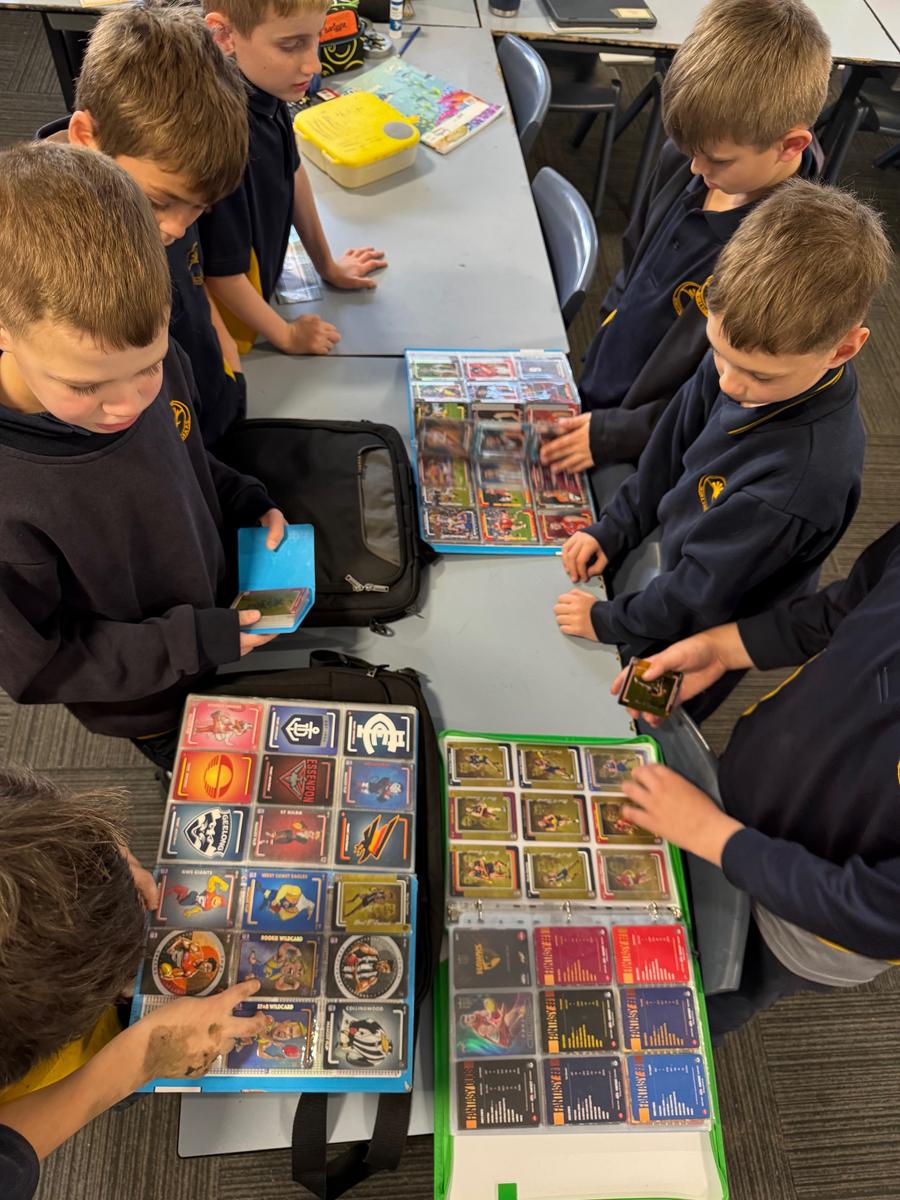
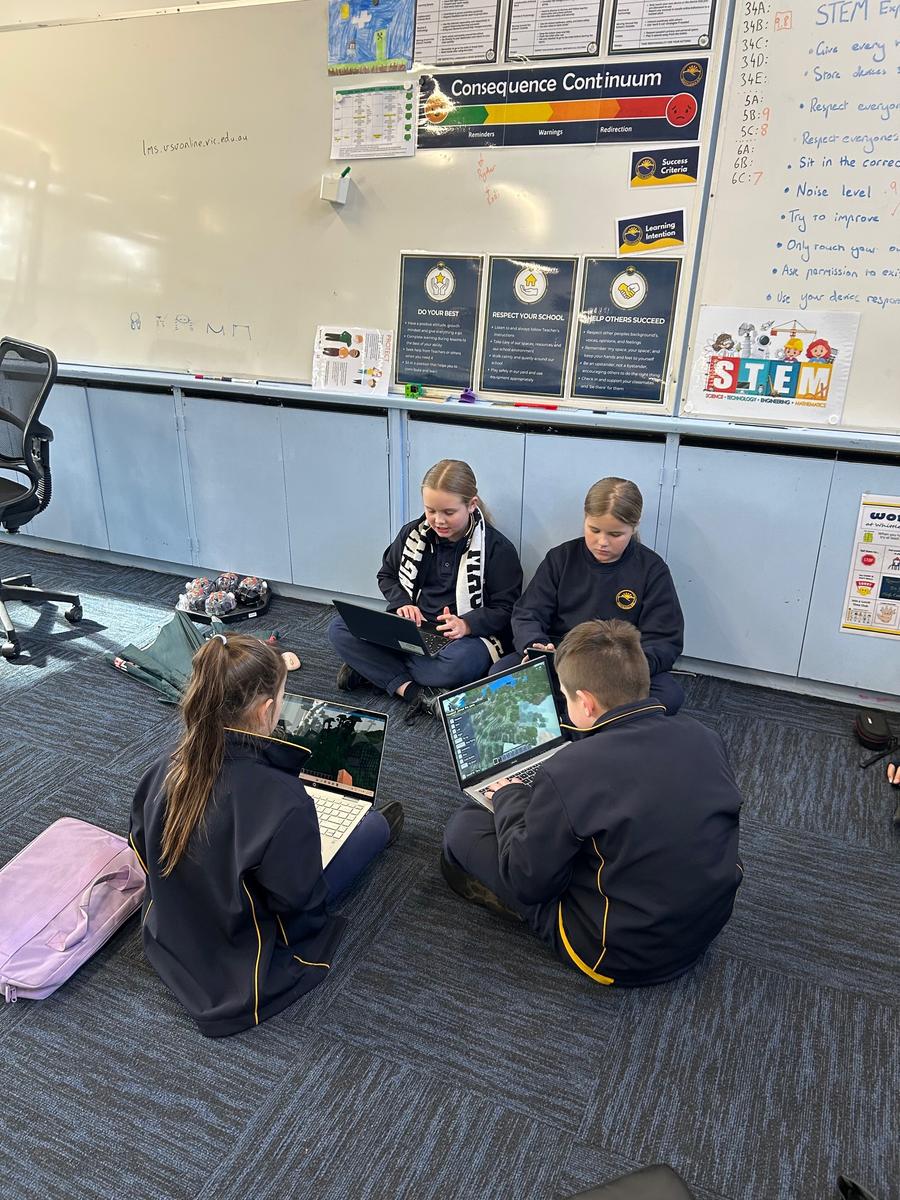
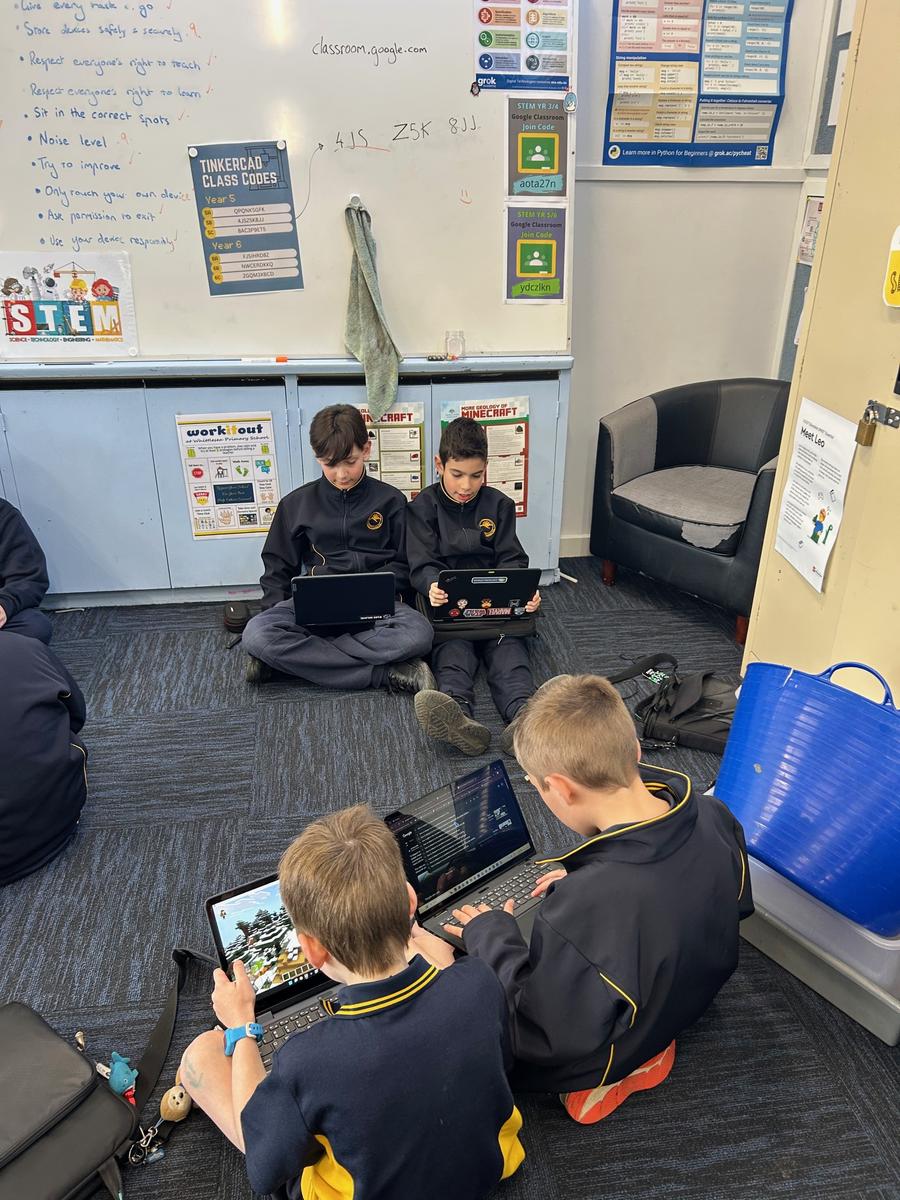
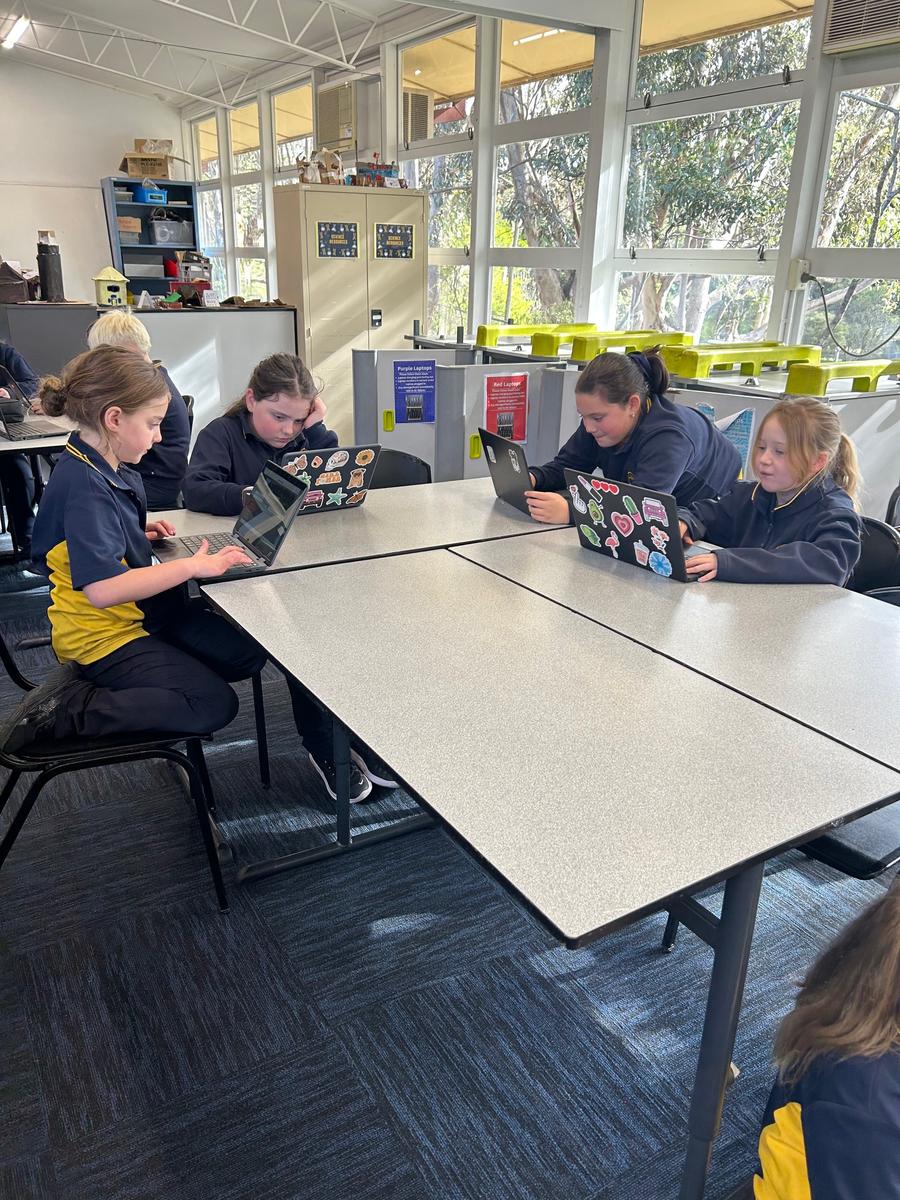
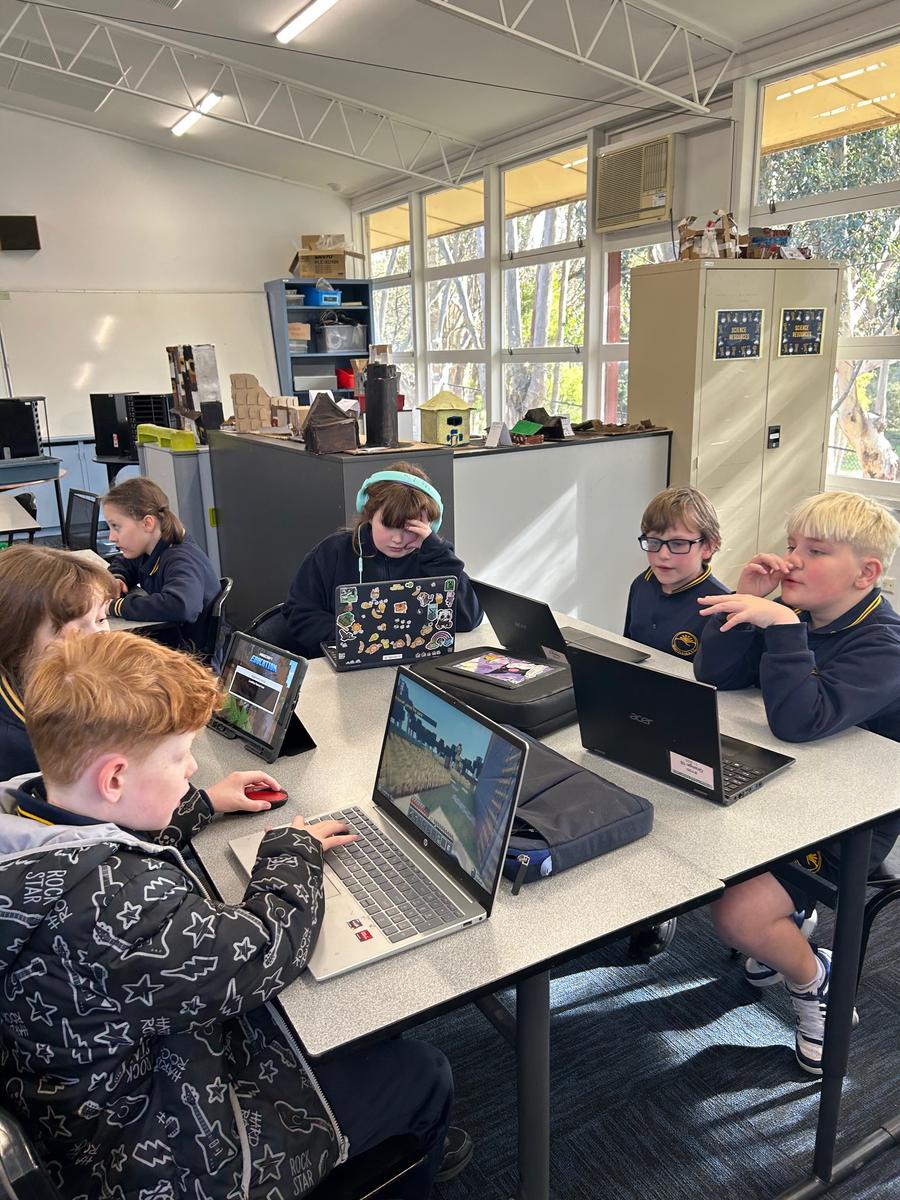
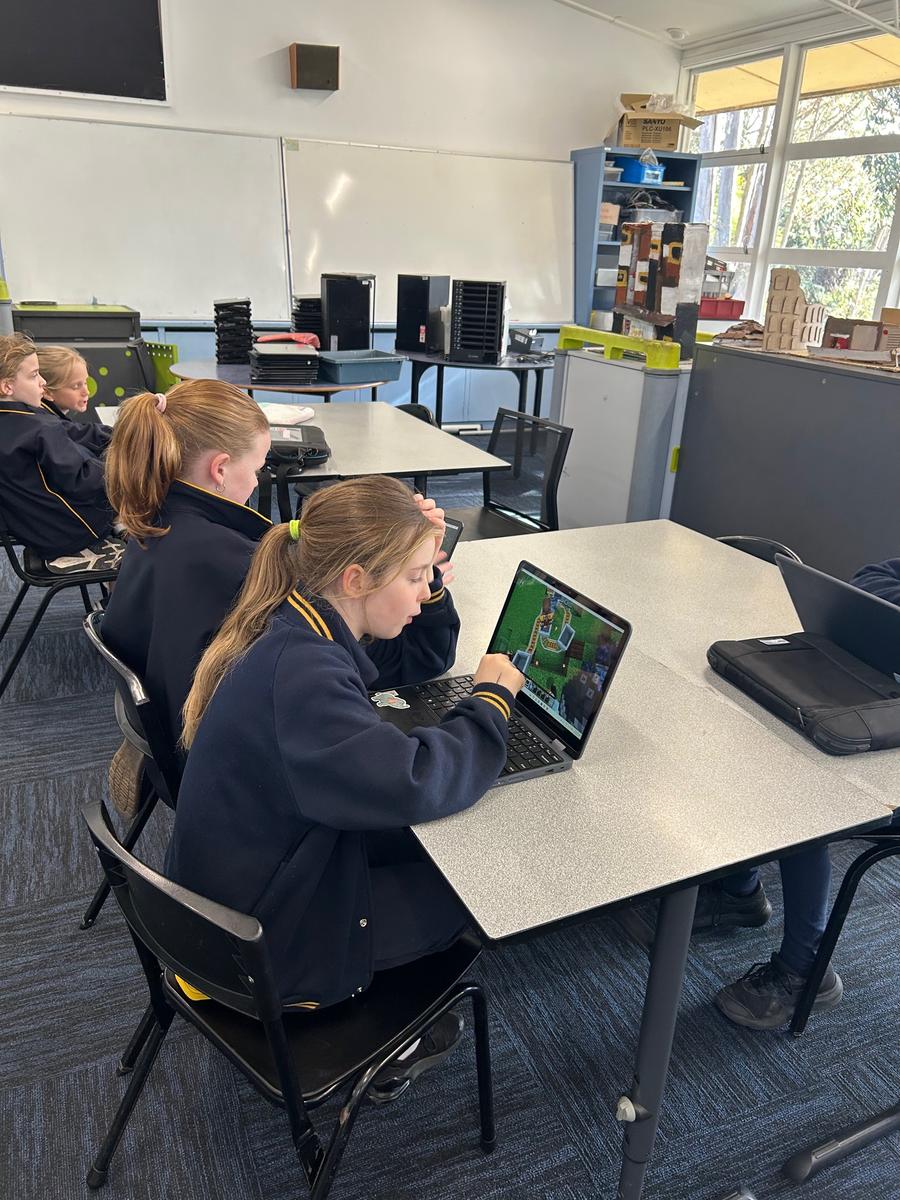
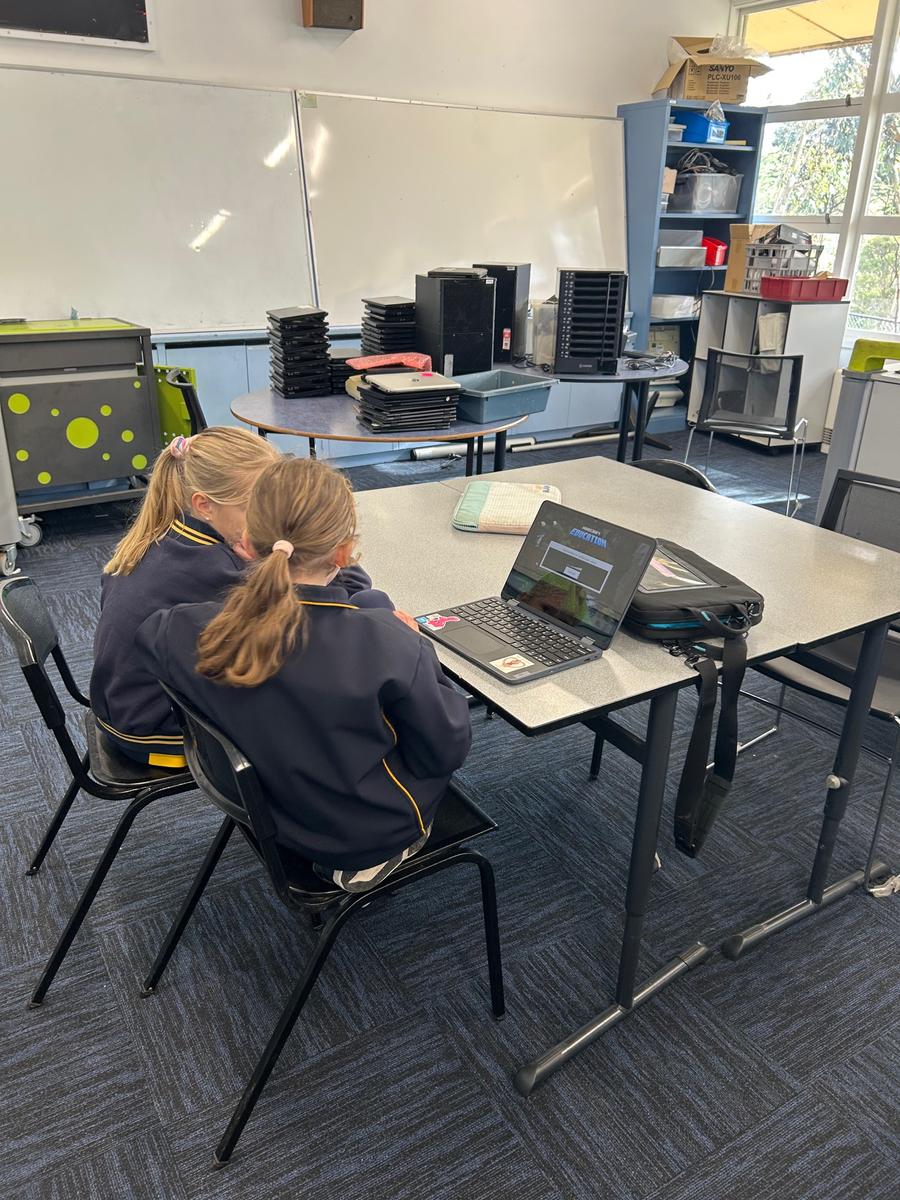
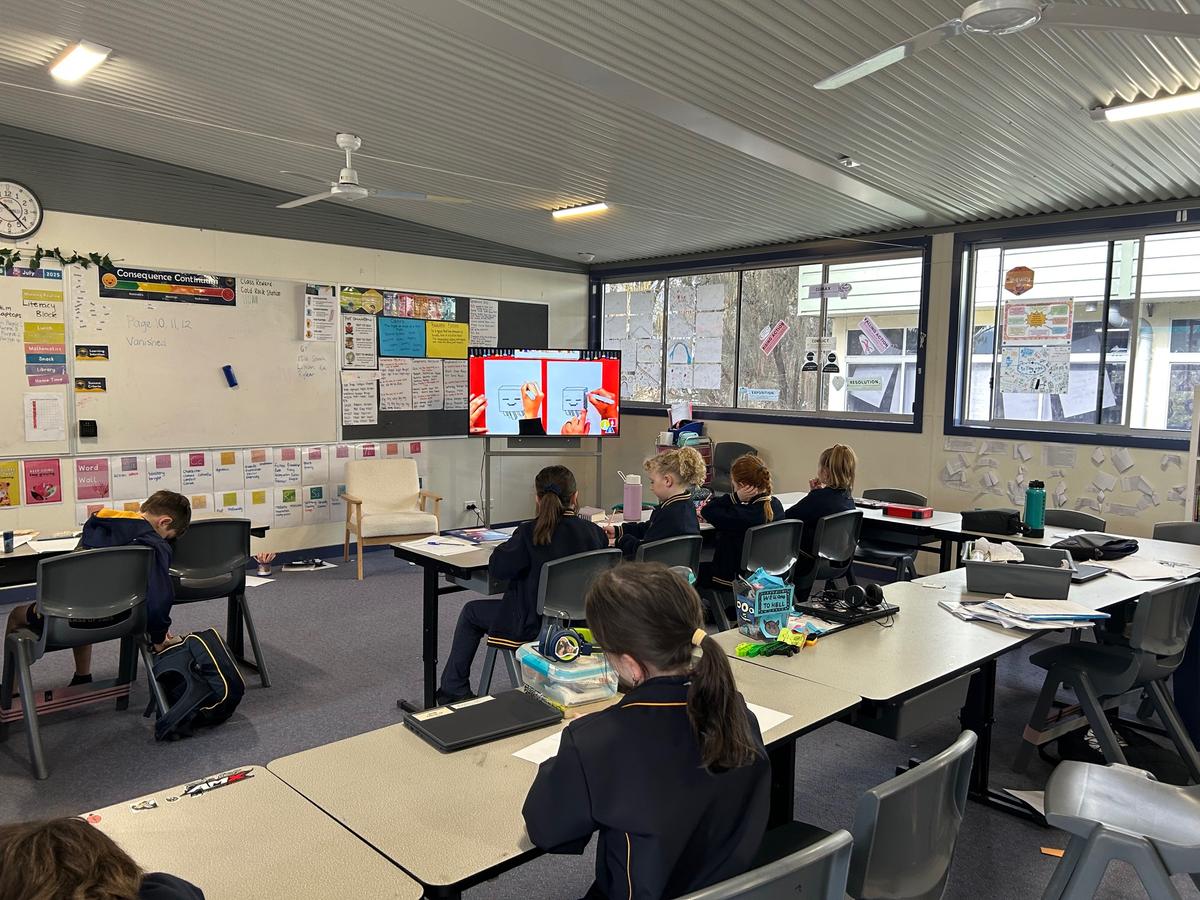
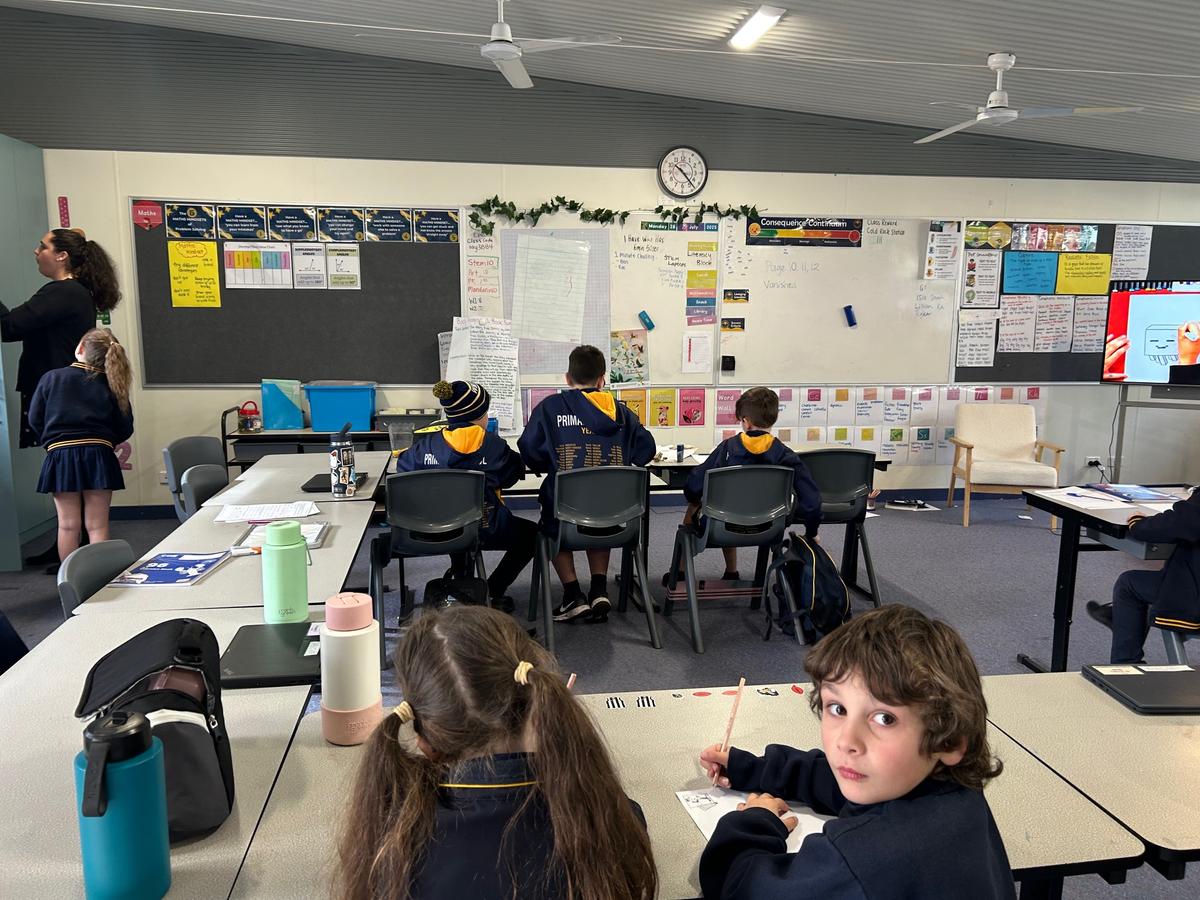
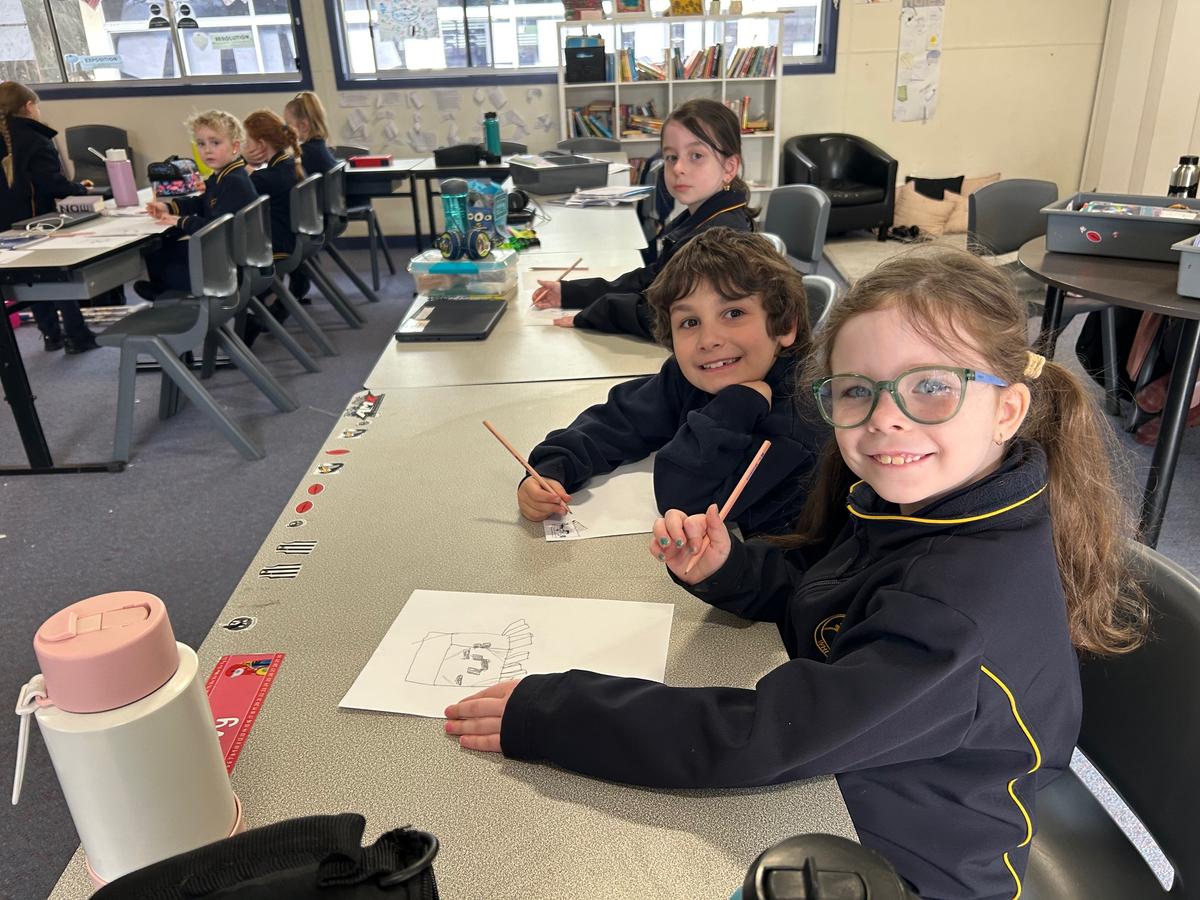
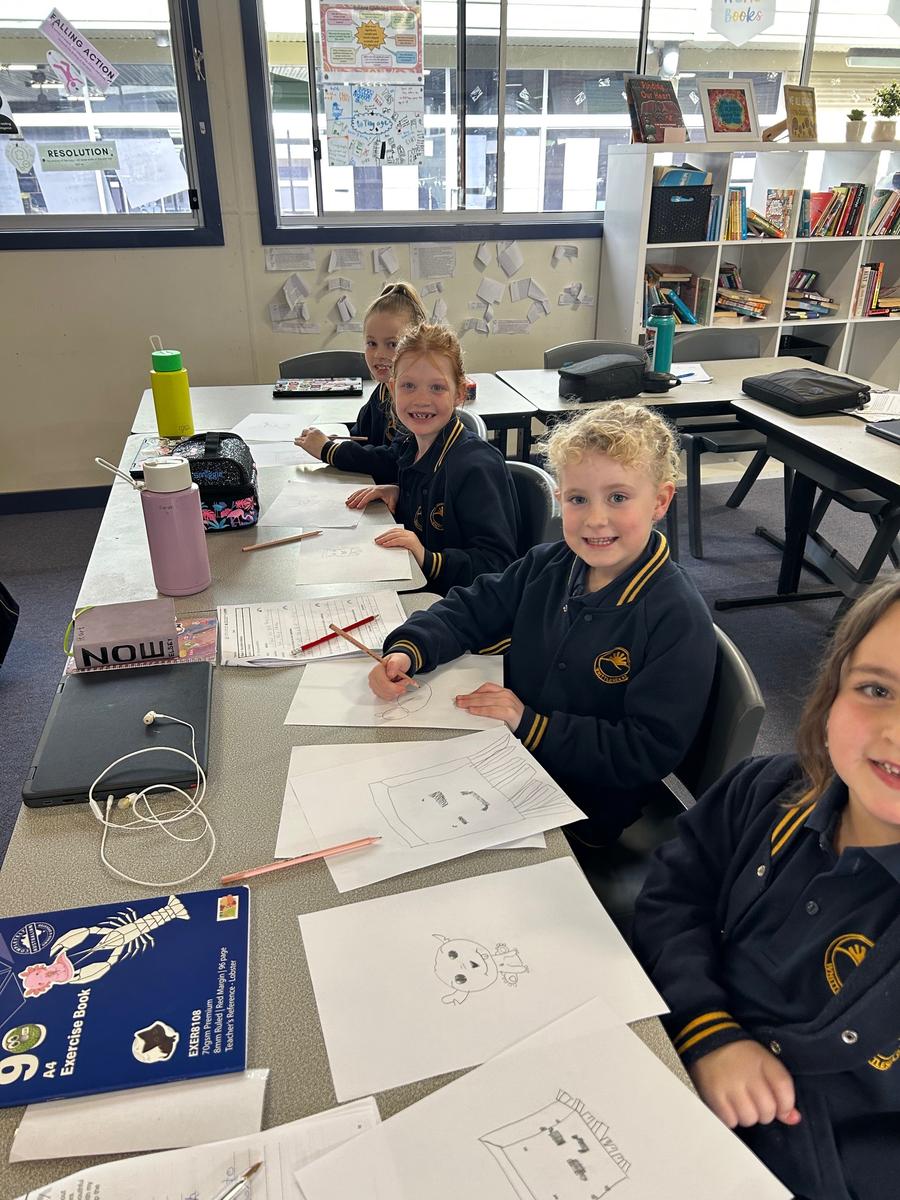
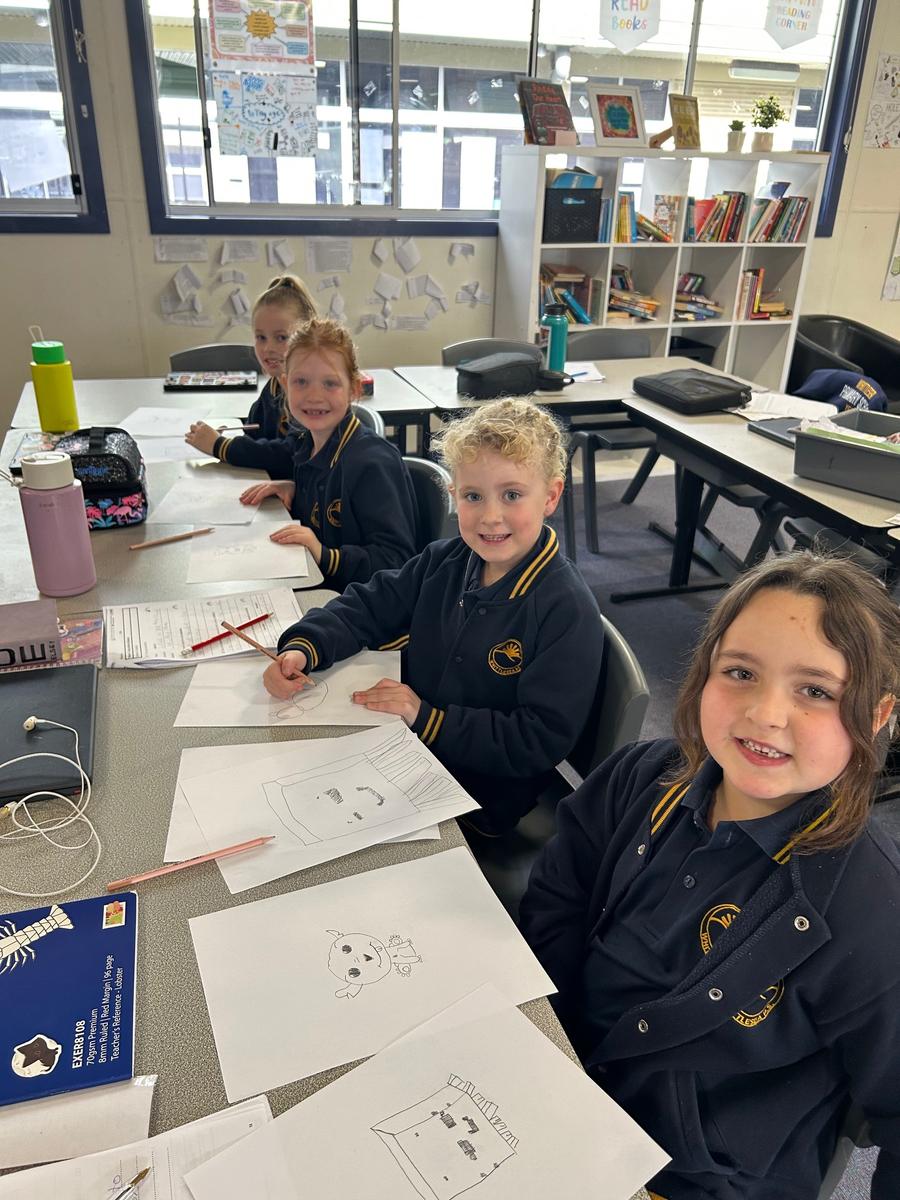
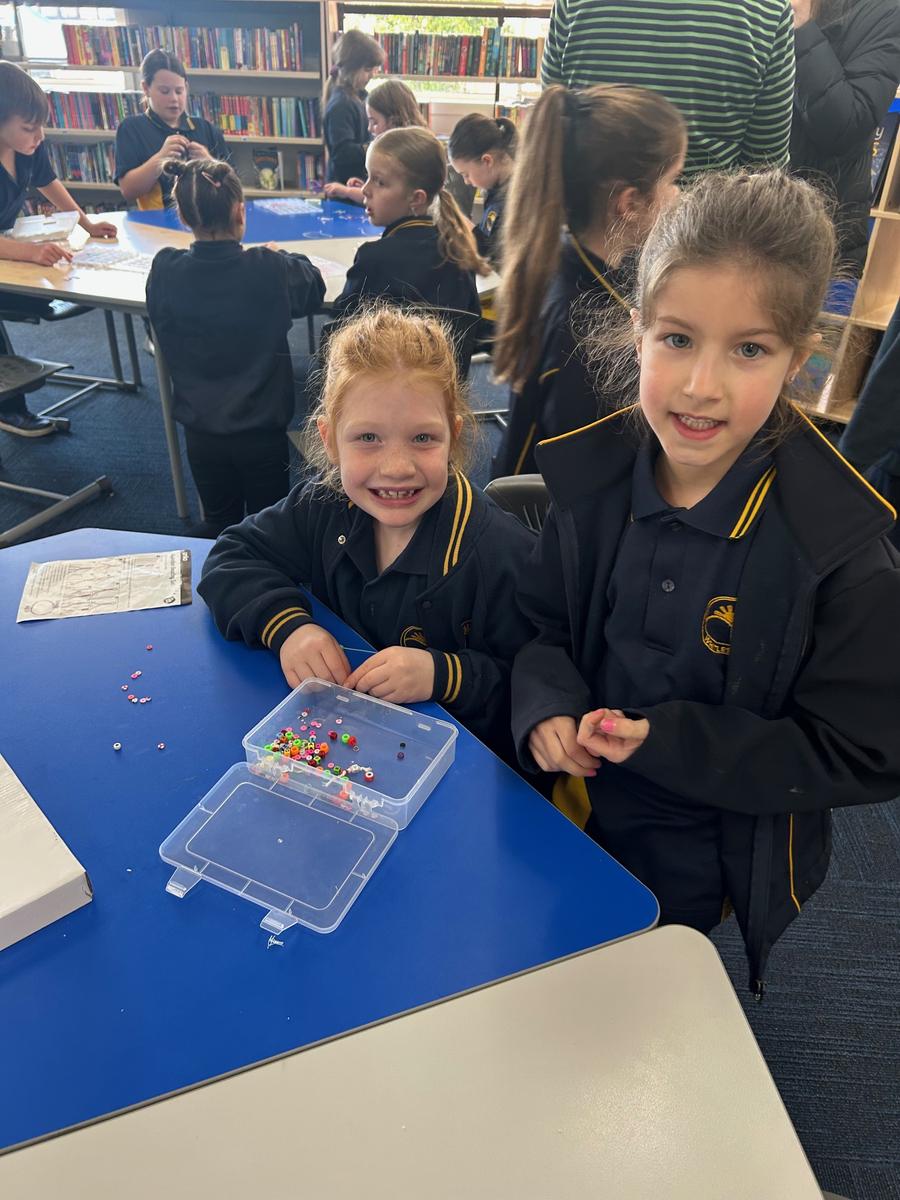
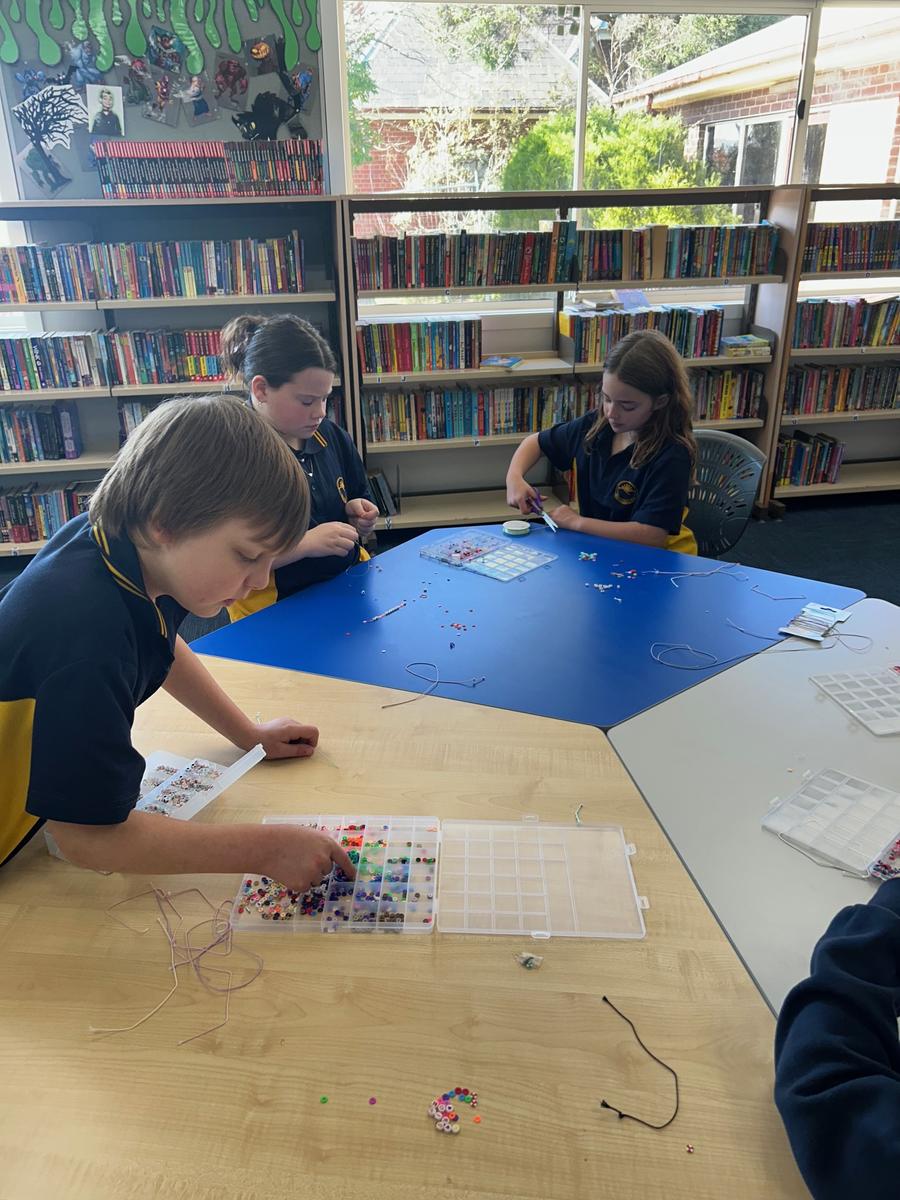
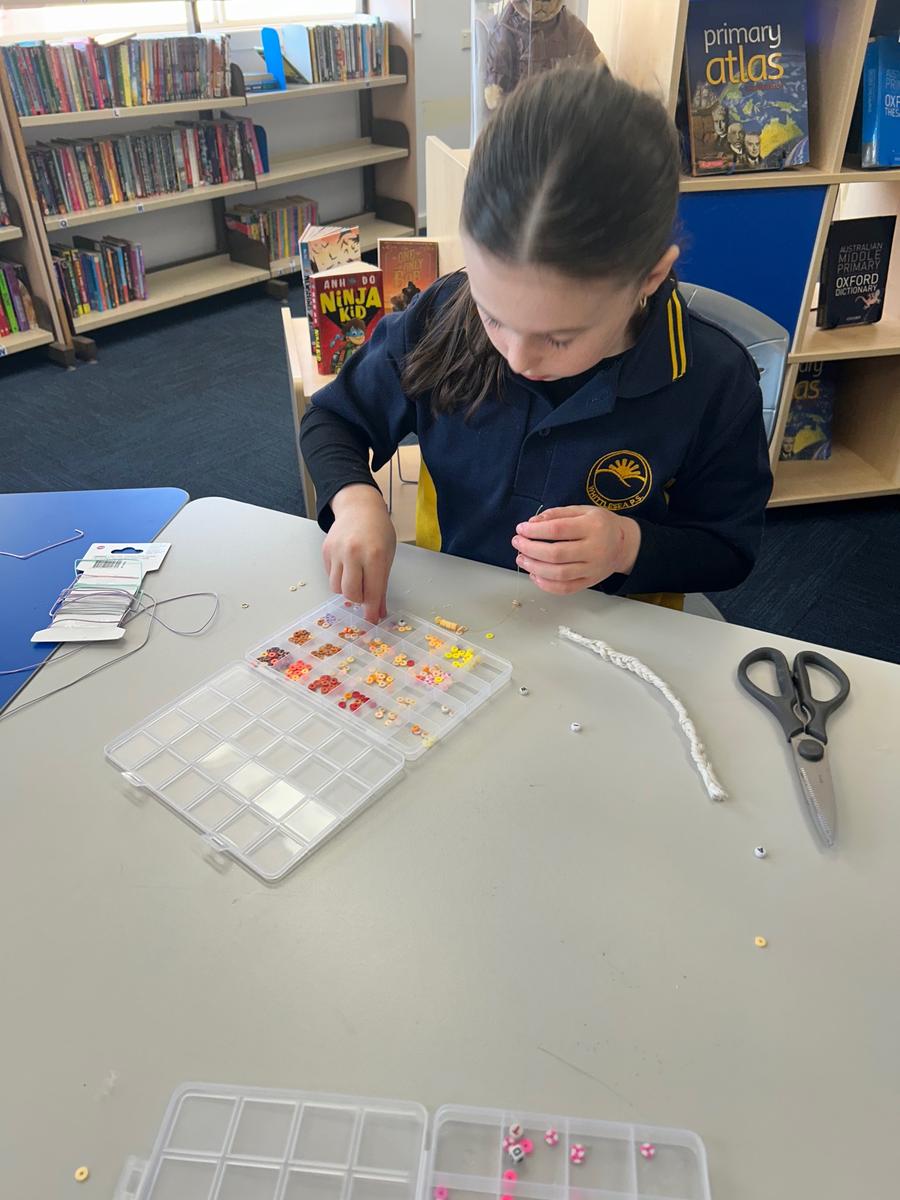
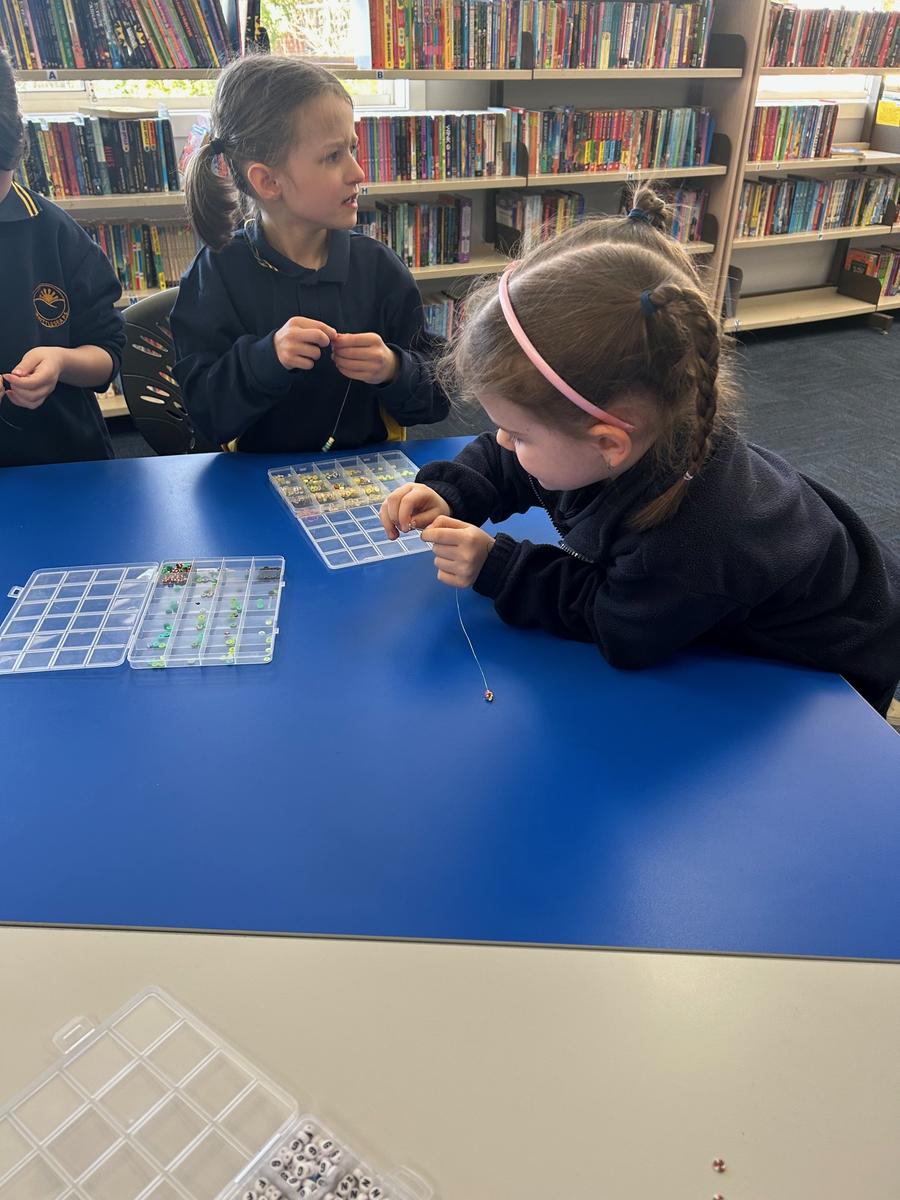
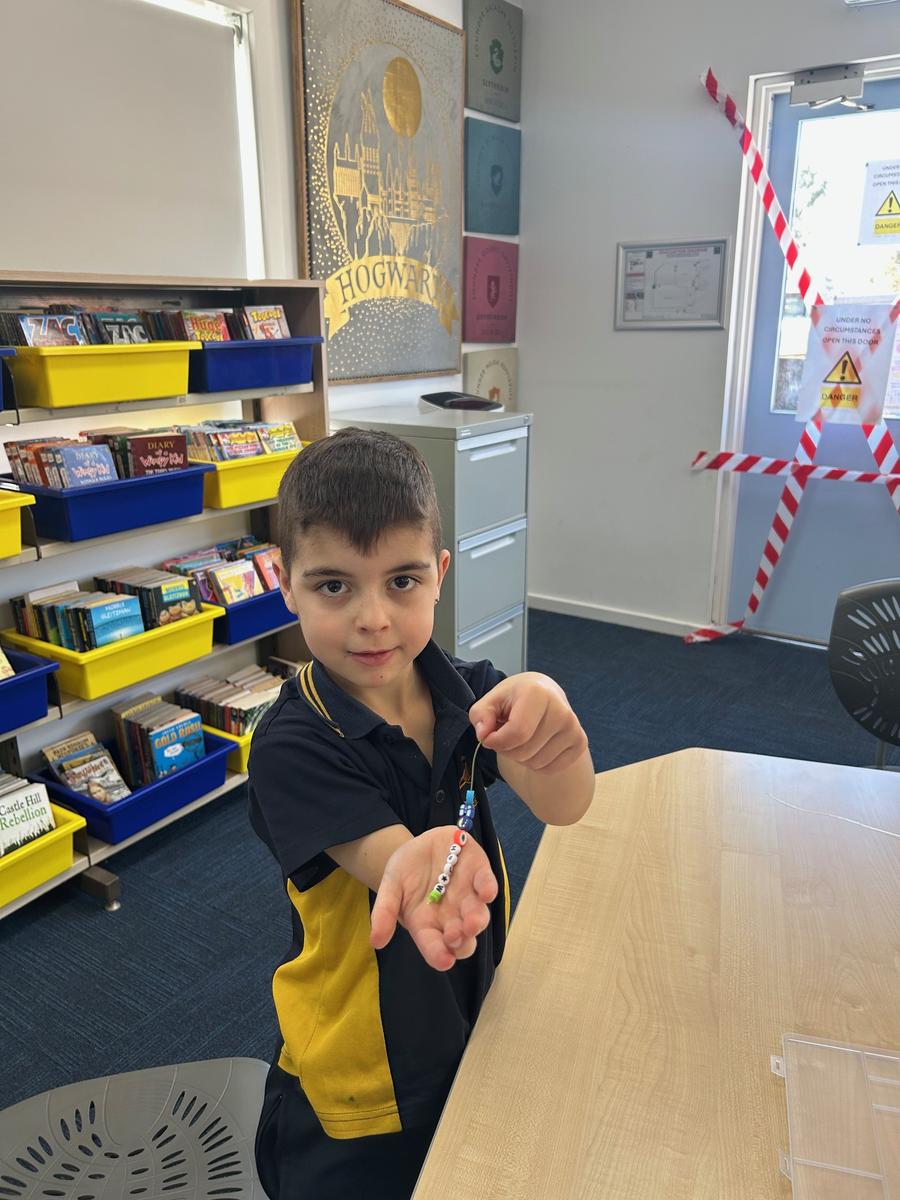
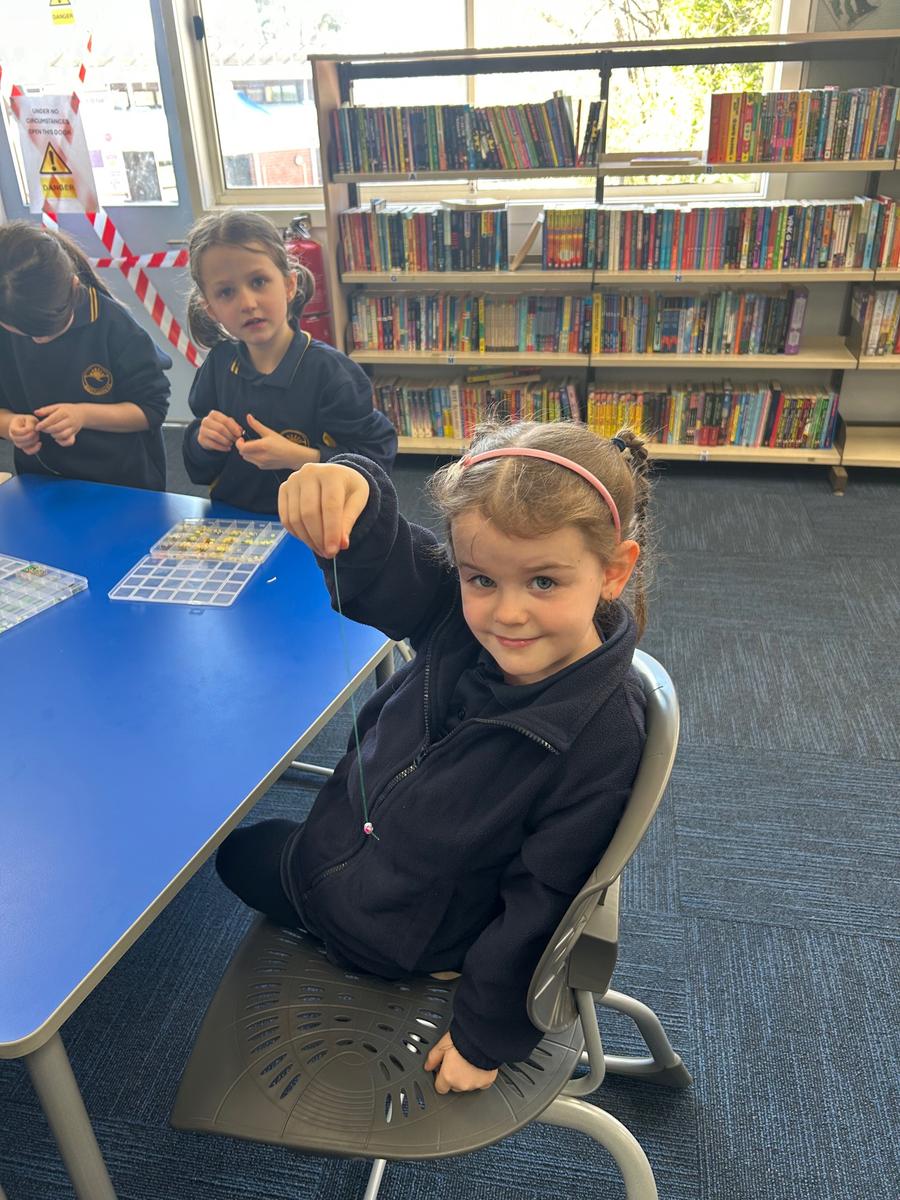
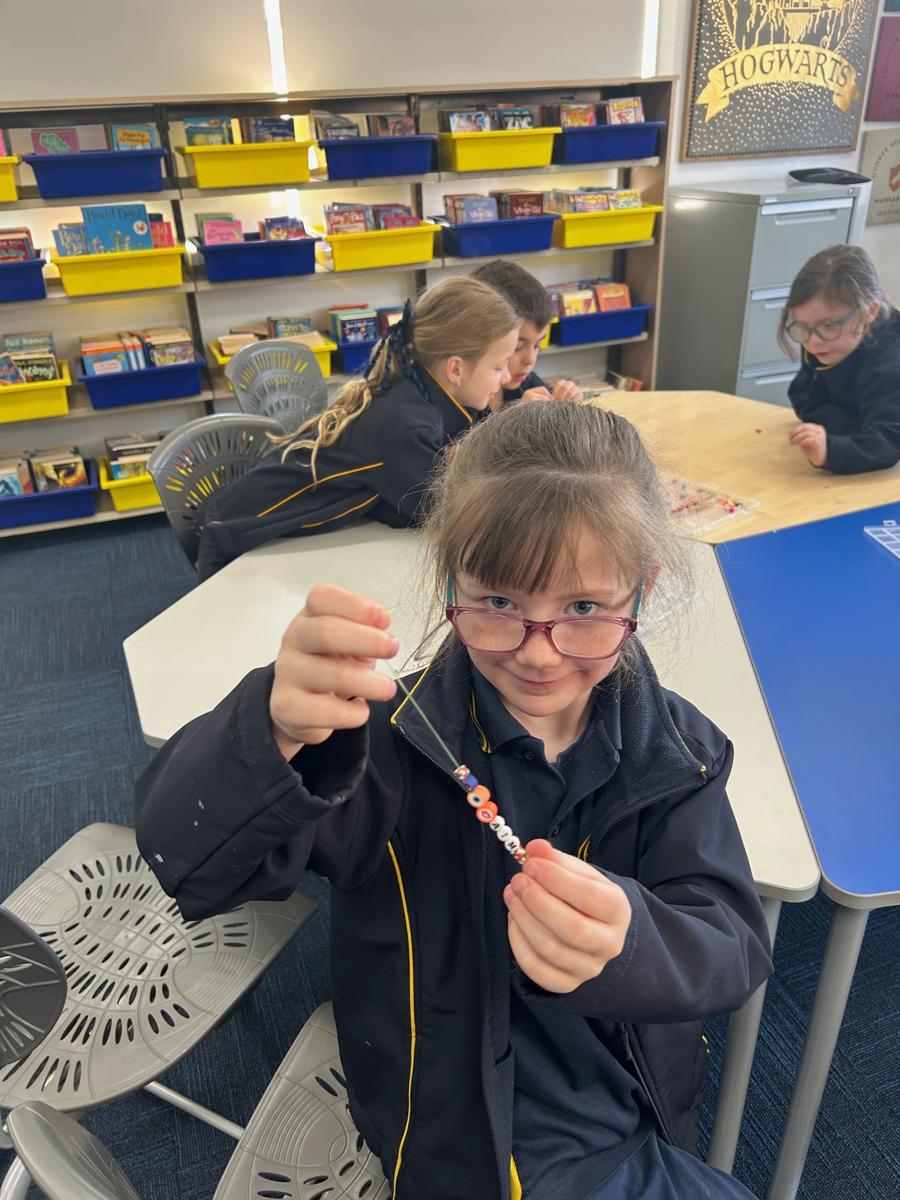





















🧠 Dysgraphia is a learning difficulty that affects writing.It can impact handwriting, spelling, grammar, and the ability to put thoughts on paper.
🧩 It’s not a matter of “trying harder.” Children with dysgraphia may know exactly what they want to say but find it hard to express themselves in writing.
📊 “Common Signs of Dysgraphia”
🧰 “Tools and Strategies We Use”
📌 Tips for Parents
If writing is causing ongoing stress or impacting learning, consider talking to:
📞 If you have questions or concerns, please reach out to us. We’re here to support you and your child every step of the way.
📚 Useful Resources: